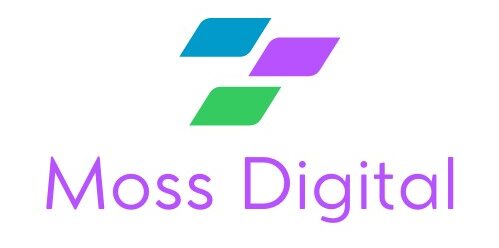In today’s digital age, where consumers are bombarded with information and have multiple options at their fingertips, businesses need to find effective ways to cut through the noise and engage their target audience. This is where content marketing comes into play. Content marketing has emerged as a powerful strategy that enables businesses to connect with their audience, build trust, and ultimately drive profitable customer actions. In this article, we will explore the significant impact of content marketing in the digital age and discuss how businesses can leverage its power to achieve their goals.
Engaging and Educating the Audience
One of the key strengths of content marketing lies in its ability to engage and educate the audience. Instead of traditional advertising techniques that interrupt consumers with promotional messages, content marketing focuses on delivering valuable and relevant content that captures the attention of the target audience. By providing high-quality content in the form of blog posts, articles, videos, podcasts, and infographics, businesses can establish themselves as thought leaders in their industry and create a strong bond with their audience.
Content marketing enables businesses to address the pain points, challenges, and interests of their target customers. By crafting content that resonates with the audience, businesses can establish themselves as trusted sources of information. This helps to build credibility and authority, which in turn enhances brand loyalty and customer trust.
Boosting Brand Visibility and Awareness
In the digital age, where consumers rely heavily on search engines and social media platforms for information, content marketing plays a vital role in boosting brand visibility and awareness. By optimizing content for search engines through search engine optimization (SEO) techniques, businesses can improve their website’s rankings and drive organic traffic.
Moreover, creating valuable and shareable content increases the chances of it being shared on social media platforms, thereby reaching a wider audience. Social media shares, likes, and comments can generate significant brand exposure, leading to increased brand awareness and recognition.
Generating Leads and Driving Conversions
Content marketing has proven to be an effective strategy for lead generation and driving conversions. By developing content that addresses the needs and interests of their target audience, businesses can attract potential customers who are actively searching for solutions. This targeted approach ensures that businesses are reaching individuals who are more likely to engage with their products or services.
To maximize lead generation, businesses can utilize various content formats such as ebooks, whitepapers, webinars, and email newsletters to capture contact information from interested prospects. By nurturing these leads with relevant and valuable content, businesses can build trust, establish relationships, and eventually convert leads into paying customers.
Building Customer Relationships and Loyalty
In the digital age, building strong customer relationships is crucial for long-term success. Content marketing provides businesses with a platform to engage with their audience, listen to their feedback, and respond to their needs. By actively interacting with customers through comments, social media messages, and email communication, businesses can foster a sense of community and loyalty.
Content marketing also allows businesses to provide ongoing value to their existing customers. By creating content that educates and supports customers in using their products or services effectively, businesses can reinforce their value proposition and enhance customer satisfaction. Satisfied customers are more likely to become brand advocates, recommending the business to others and contributing to the growth of the customer base.
Measuring and Optimizing Results
One of the significant advantages of content marketing in the digital age is the ability to measure and optimize results. By leveraging various analytics tools, businesses can gain insights into the performance of their content marketing efforts. Metrics such as website traffic, engagement levels, conversion rates, and social media reach provide valuable data for assessing the effectiveness of content strategies.
These insights enable businesses to identify what content resonates most with their audience and make data-driven decisions to improve their content marketing initiatives. By continuously analyzing and optimizing their content, businesses can refine their strategies to achieve better results and maximize their return on investment (ROI).
In the digital age, where consumers are constantly exposed to an overwhelming amount of information, content marketing has emerged as a powerful tool for businesses to connect with their audience, build trust, and drive profitable customer actions. By engaging and educating the audience, boosting brand visibility, generating leads, building customer relationships, and measuring results, businesses can leverage the power of content marketing to thrive in today’s competitive landscape. As technology continues to evolve, content marketing will remain a cornerstone strategy for businesses looking to establish their presence, strengthen their brand, and achieve long-term success in the digital realm.



